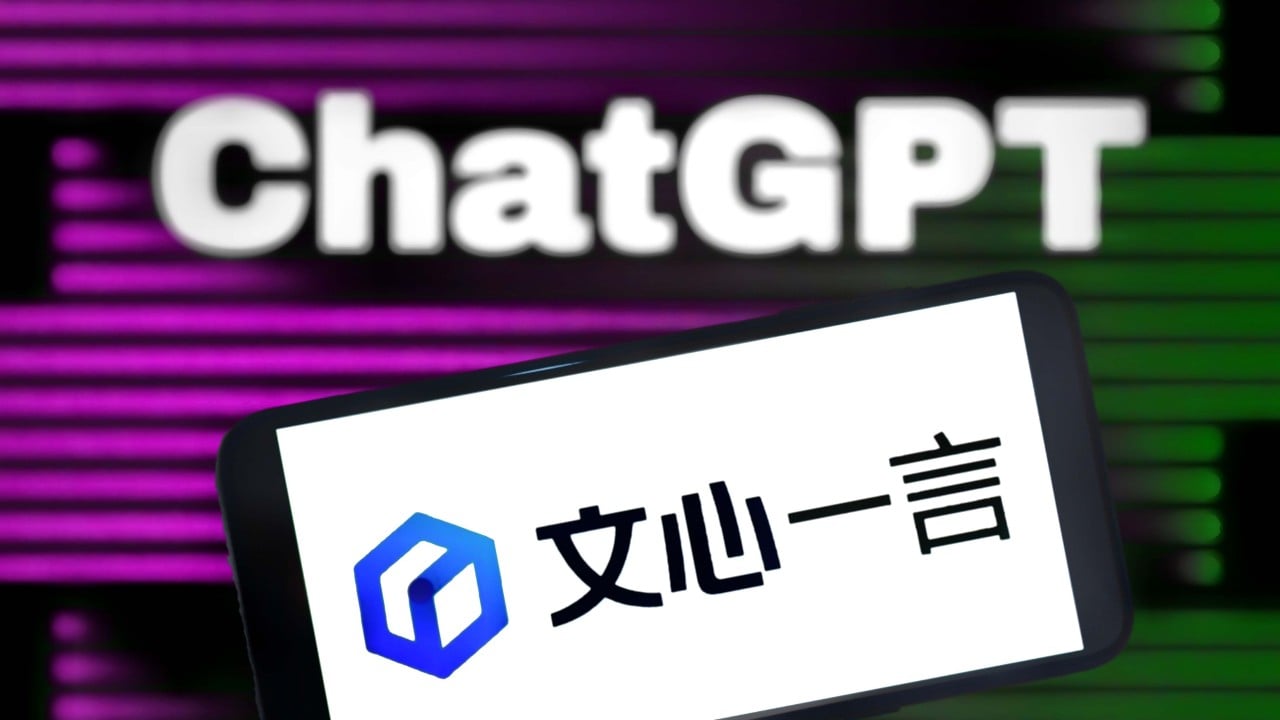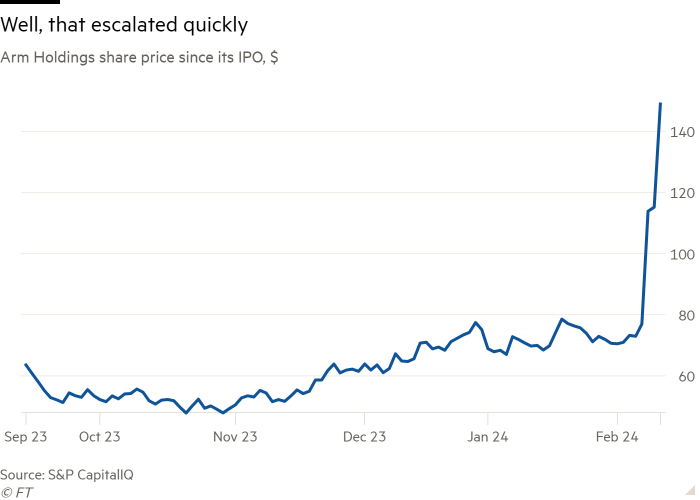The evolution of artificial intelligence (AI) represents a multifaceted competition with discernible victors and vanquished. This intricate landscape involves a myriad of contenders hailing from academia, industry, and governmental sectors. The strides in artificial intelligence hold global implications that transcend national accomplishments, symbolizing a socio-technical advancement from enhancing power grids to early disease identification via medical imaging and alleviating poverty.
These breakthroughs not only bolster efficiency, elevate living standards, and foster sustainable progress worldwide but also address urgent challenges.
Presently, 64% of premier AI research publications feature co-authors from diverse nations. While the analogy of a race is compelling, it inadequately encapsulates the collaborative and interconnected essence of technological progress.
A Comparative Analysis: ChatGPT vs. China’s AI
The proposition outlined by the Biden administration to safeguard intellectual property and maintain a competitive edge inadvertently steers the discourse back towards a zero-sum scenario. This strategy underscores the pursuit of AI supremacy to garner substantial economic, defense, and political advantages, particularly within the realms of military and economic dominance.
Despite this, the United States currently enjoys a distinct edge owing to its robust culture of innovation and collaboration, a market valuing excellence, diversity, and global infrastructure. It serves as the headquarters for OpenAI, the mastermind behind the ChatGPT robot, which, within a mere two months post-launch, amassed over 100 million monthly active users, emerging as the fastest-growing consumer application in history. With nearly 60% of elite researchers affiliated with American institutions and enterprises, the US holds a significant lead in AI research over other nations.
Challenging their supremacy proves arduous for any nation due to advantages such as favorable tax regimes, regulatory landscapes, and the “network effects” stemming from a concentrated pool of AI talent in Silicon Valley.
Intellectual prowess naturally gravitates towards environments where it can be maximally harnessed and rewarded—a phenomenon vividly evident in the US but less pronounced in China, especially given the government’s constraints across various sectors, including engineering and gaming.
Through decoupling and sanctions, the relentless pursuit of AI dominance by the US not only signifies a retreat from the innovative ethos pivotal to American technological success but also poses the risk of unforeseen and potentially detrimental repercussions.

Singapore’s Strategic Gains Amidst US-China Tech Conflict
As entities proceed cautiously regarding data and resource sharing, there looms a threat to global AI collaboration. The secondary repercussions might disrupt the tech ecosystem worldwide by fostering isolated AI industries and segmented infrastructures.
Divergent AI regulations could instigate a scenario akin to a “race to the bottom,” prompting businesses to relocate to jurisdictions with lax regulations, potentially contravening international ethical norms.
The Wisdom in the UK’s Inclusion of China in the AI Safety Summit
The recent US directive, while conceptually straightforward, encounters formidable implementation challenges due to the time-consuming, costly nature of amassing comprehensive consumer data, which may pose financial and legal hurdles for US cloud service providers.
The trajectory of AI hinges on China’s response to this policy. The probable outcome entails China fortifying its regional AI capabilities, forging novel foreign alliances beyond US influence, even as the specter of mutual escalation looms. China emerges as a formidable contender owing to its extensive data aggregation capabilities, integrated digital communities, and governmental backing.
 On January 19, a blood-carrying helicopter departs from the Shenzhen Blood Centre in Guangdong, China, en route to the Shenzhen Traditional Chinese Medicine Hospital. Xinhua image
On January 19, a blood-carrying helicopter departs from the Shenzhen Blood Centre in Guangdong, China, en route to the Shenzhen Traditional Chinese Medicine Hospital. Xinhua image
China has sanctioned various AI models for public utility, with Baidu’s Ernie garnering recognition among an excess of 100 million users. It has already surpassed human capabilities in sundry domains. The swift adoption by consumers, primarily on mobile platforms, and the proliferation of commercial applications stemming from intricate supply chains are gaining momentum.
China’s resolve to ascend as a global AI frontrunner by 2030 remains steadfast despite economic and geopolitical hurdles. Its track record of birthing modern giants spanning from semiconductors to electric vehicles foreshadows its forthcoming AI era.
Realizing Futuristic Visions: China’s Tryst with Flying Cars, Robotics, and Cloud Realms
Each nation brings unique strengths and strategies to the fore, shaped by distinct regulatory frameworks, market dynamics, and innovation infrastructures. Collaborative endeavors can indeed yield mutually advantageous outcomes; however, the tumultuous shift towards a unipolar world renders conflict almost inevitable.
Hence, a revolutionary paradigm shift redefining the essence of competition may be imperative for authentic AI progress rather than mere conflict avoidance. Undoubtedly, competition spurs innovation. Nonetheless, under standardized regulations, fair competition operates effectively, and the US, as the incumbent torchbearer, seems to be laying the groundwork for these standards.

Foxconn, a prominent Apple supplier, is set to leverage Nvidia’s chips and software for establishing “AI enterprises.”
The pursuit of cutting-edge technologies by global juggernauts is not unprecedented. Embracing a framework akin to nuclear non-proliferation treaties, wherein nations converge on explicit AI development objectives, share innovations within defined boundaries, and institute an international AI oversight body, might serve as a promising starting point.
Nonetheless, implementing such a platform poses monumental challenges. AI, surpassing nuclear technology in complexity, application breadth, and political implications, presents unique governance and regulatory hurdles, especially concerning human and privacy concerns, diverging starkly from the discrete risks of nuclear technology and its limited reach.
Ultimately, the path forward may amalgamate a competitive spirit with a focus on shared goals to forge an AI-centric future fostering collaboration among nations rather than conflict.
MindWorks Capital, a premier venture capital entity based in Hong Kong, specializing in tech investments across Southeast Asia and Greater China, appoints Jeffrey Wu as a director.










